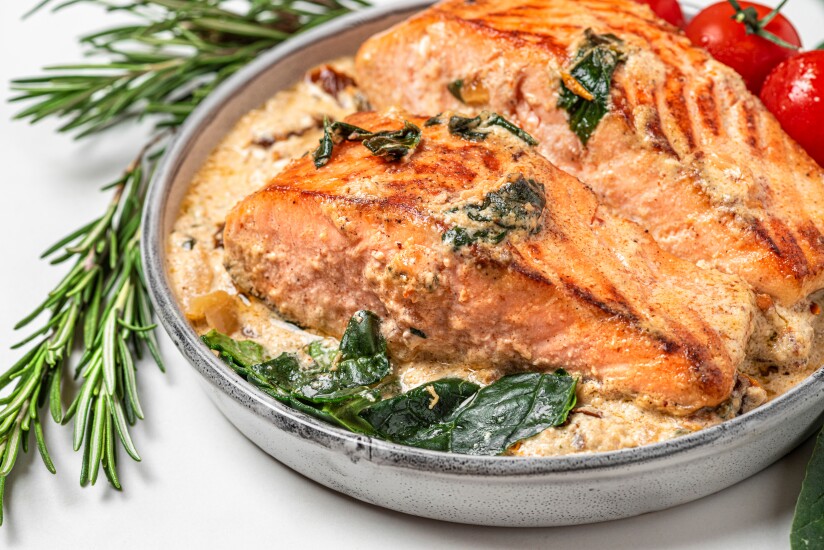When most people think about mental health support,
As noted by Harvard Health, 95% of serotonin — the neurotransmitter known for regulating sleep, moods and appetite — is produced in one's gastrointestinal tract. This means the foods we put in our bodies do more than affect our weight or physical measures of health like cholesterol and blood pressure. As employers look to improve their employees'
"What you eat today will either empower or deplete your mental health tomorrow," says Roeca. "By nourishing ourselves with wholesome foods, we lay the foundation for greater engagement, productivity and overall well-being in and out of the workplace. A nutritious, balanced diet positively impacts our energy and mood, as well as our gut microbiota, which influences our mental well-being, and can help to lower stress levels."
Read more:
According to Zippia, 83% of workers suffer from work-related stress, and an estimated one million workers miss work each day due to stress. This doesn't even account for the rising rates of anxiety and depression among Americans in the last decade. Roeca asks employers to consider whether employees have the right support in place to better their mental health, pointing to solutions as simple as offering nutritious snack options in the office or encouraging consistent lunch hours.
Roeca also advises employers to offer nutritional guidance and education to their employees. Instead of touting food restriction diets or weight loss challenges, education should instead focus on what can be added to an employee's diet to combat stress. Here's a quick guide to the five kinds of foods workers should include more of in their lives.






